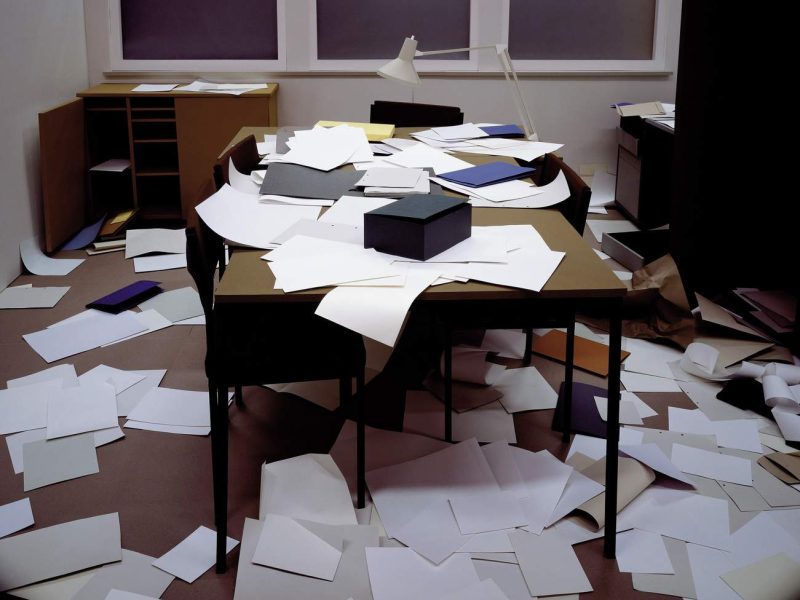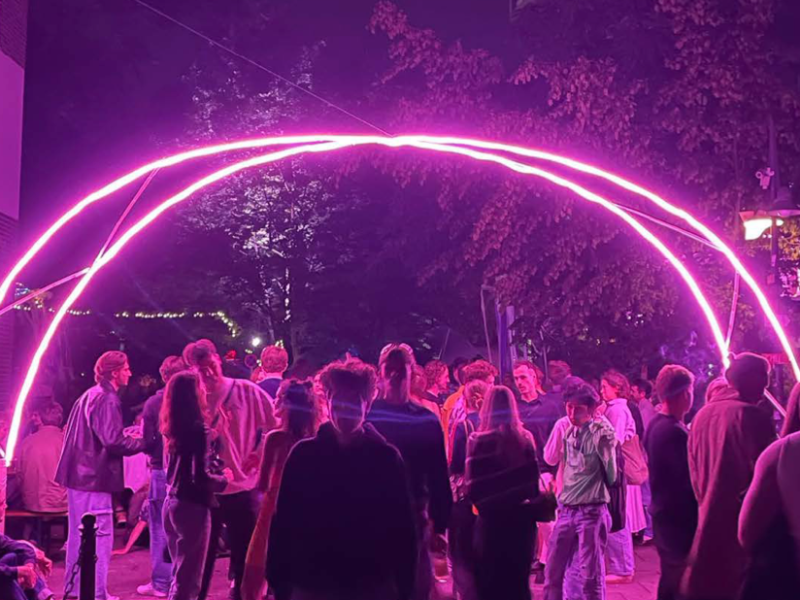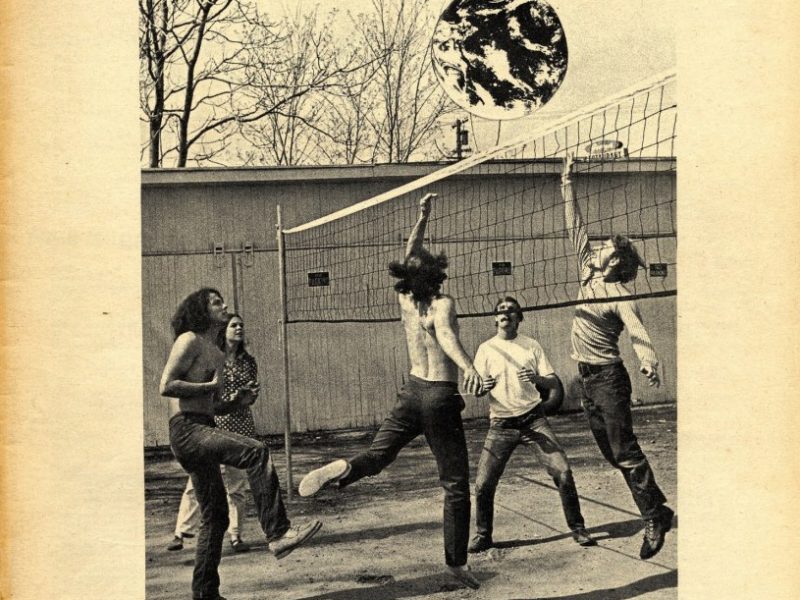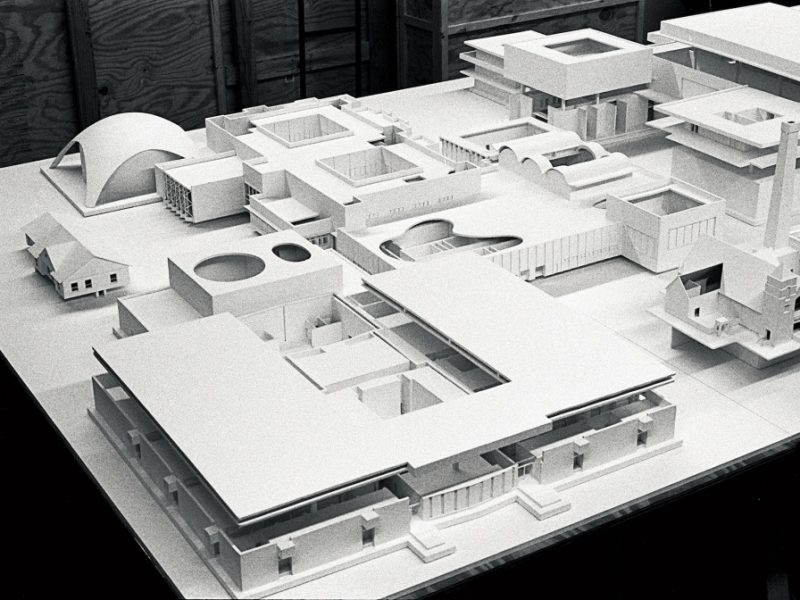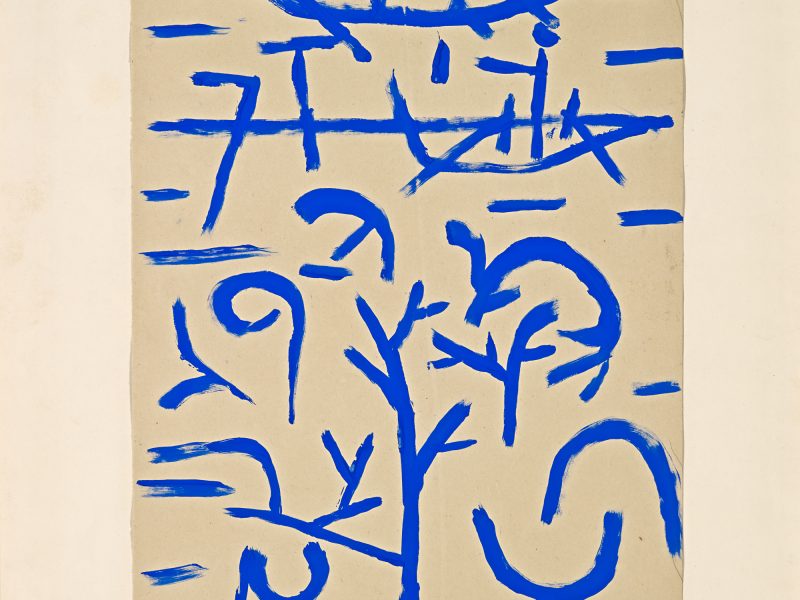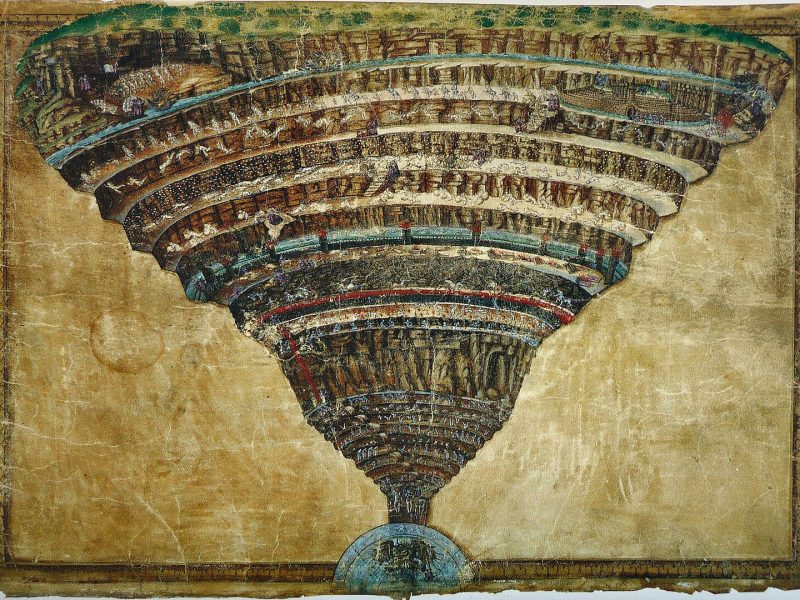Desirable Hamlets
MA UD Studio 2024/25
Teaching
To be rurban or not to be
In this introductory MA Urban Design studio, we will explore the notion of rurbanity and its reality and proximity to our Berlin everyday lives. We will activate your previous knowledge, draw on the plurality of your backgrounds and combine research, fieldwork and discussion.
The housing crisis in Europe’s major cities is a reality (Berlin is no exception), as is the vacancy rate in rural areas. However, the controversy created by the comments made by the Germn Federal Minister Klara Geywitz in July 2024 shows just how living outside the big cities is not an obvious solution for many people. The lack of jobs, the age of homes, the lack of public services and amenities, the social isolation, the cost of fuel… are all obstacles that discourage people from moving from the big cities to rural areas.
What is the rural reality in Brandenburg? We will be producing portraits in Brandenburg that will combine territorial structures, economic, social and political context, and field exploration with interview.
What can we, as urban designers, do to address the challenges of rurality? Nourished by fertile references for imagining a desirable countryside and future, we will delve into specific situations and develop projects at all scale, from the architectural to the territorial.
___
Team: Prof. Jörg Stollmann, WM Jeanne Lacour
Where: A 816
(c) Day and Night, M. C. Escher


